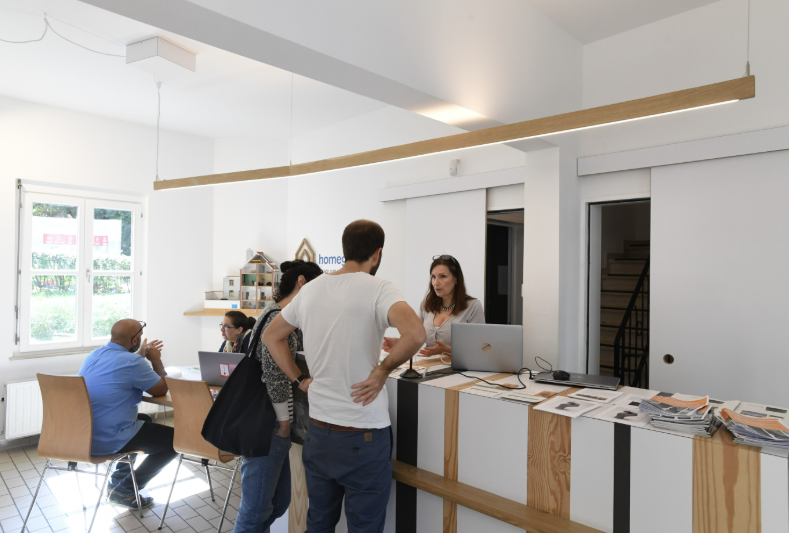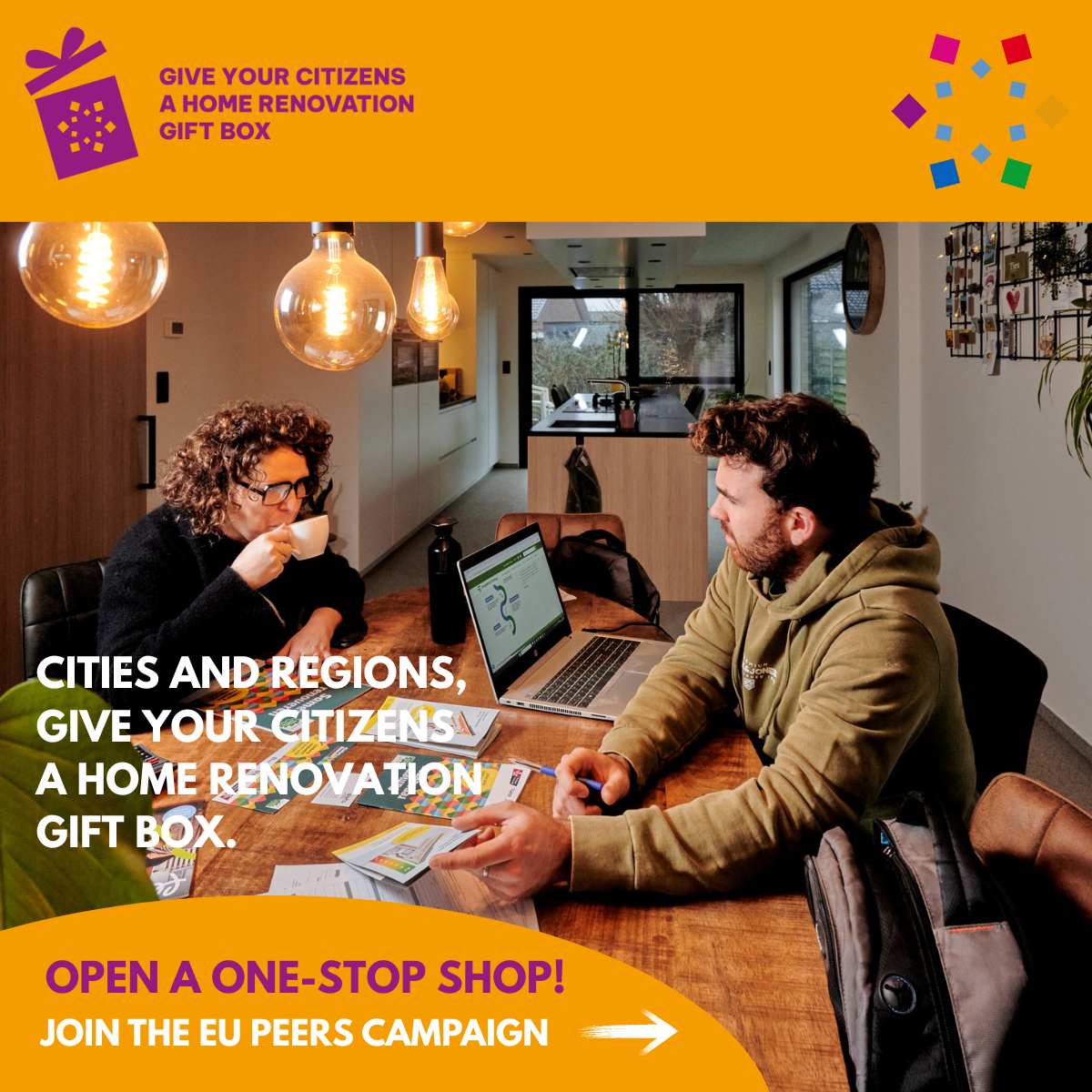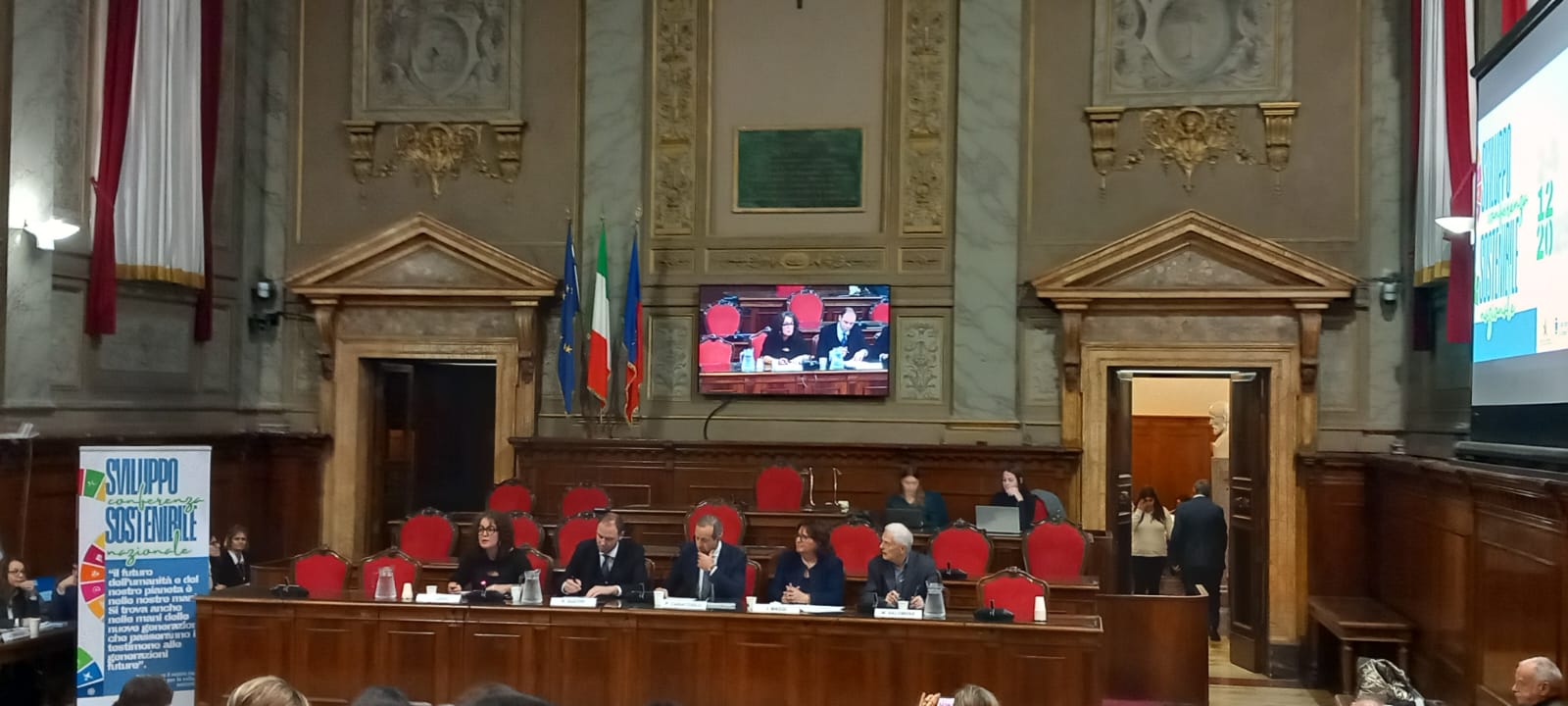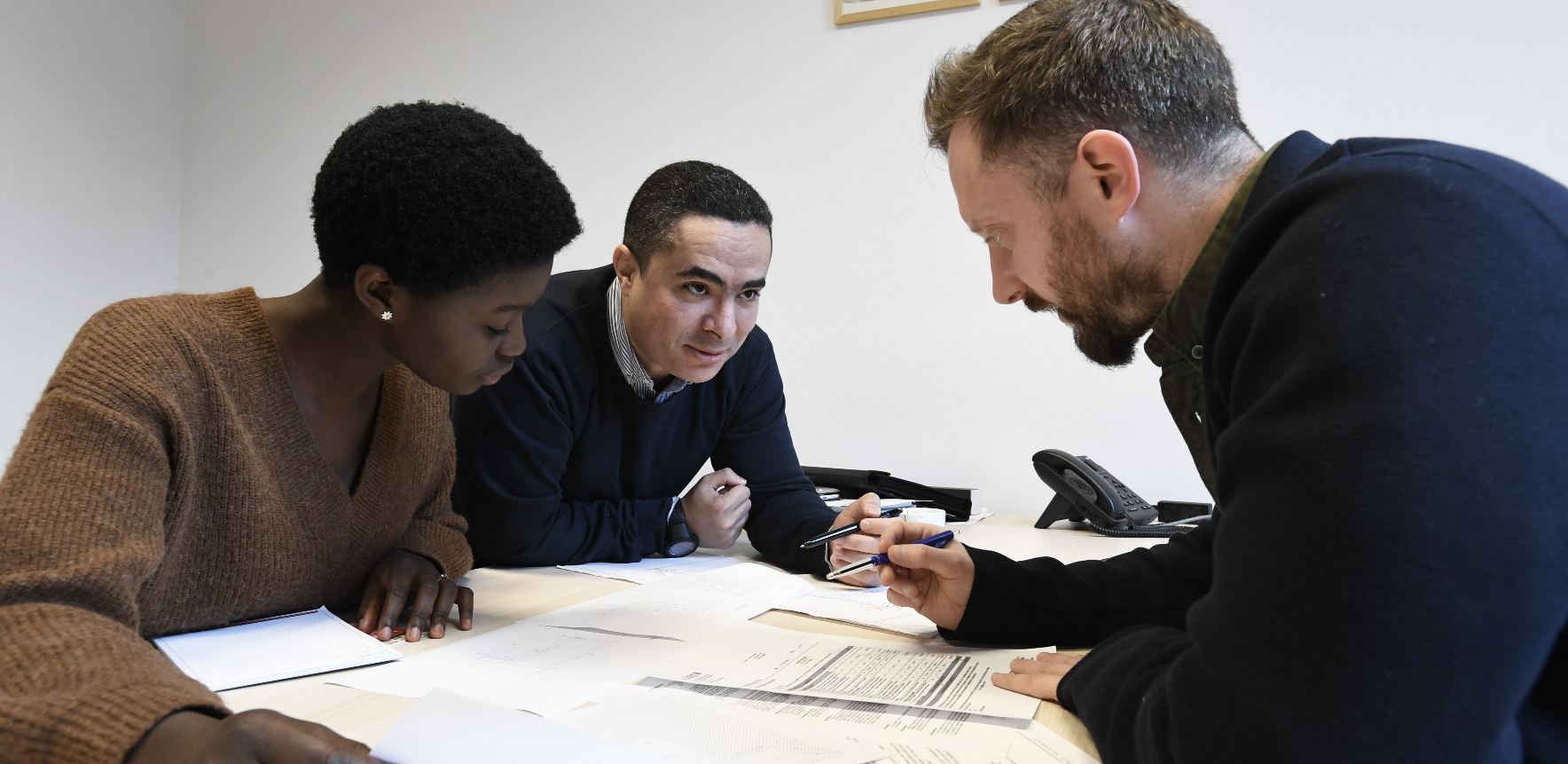“Since our services are free of charge, the funding from the region and local governments is crucial.”
Interview with Didier van Severen, General Manager of Homegrade – the One-Stop Shop of the Brussels-Capital Region
- Can you introduce yourself?
I’m Didier van Severen, general manager of Homegrade. I was employed by Homegrade 4 years ago. I started my career in Procter and Gamble, I was working as commercial director, HR director and General Manager in various B2B and B2C environments. Over the years , I have built experience in managing teams and organisations. When the Homegrade Board of Directors decided to make the organisation grow and professionalise its services, they were looking for someone skilled in managing organic growth. Of course, I had to adapt myself to the public sector, but the advantage of Homegrade is that it is separated from the public administration, and therefore more flexible. We are quite independent and agile and we are able to take fast decisions.

- Tell us about your OSS
Homegrade is a nonprofit organisation, 100% funded by the Brussels region and its local governments. We provide free of charge information and support services to private households in Brussels region (more than 1 million inhabitants). We primarily focus on energy renovation, but we can cover all aspects related to housing. We have experts on heritage buildings, urban planning, co-property, acoustics and other technical issues. This transversality is crucial for homeowners. For example, you cannot insulate if you don’t ventilate, you cannot do whatever you want if your house is classified as a heritage building.
Our objective is to help removing barriers the private households face when they stand in front of the complex renovation process. Because we are 100% funded by local governments, we do not want to compete with the private sector – we do not provide support during renovation works and we do not substitute to an architect. We give tailor-made advice and support homeowners at the start of their renovation process (which is already very time consuming) and we remain neutral in our advice, thereby creating trust of homeowners. The disadvantage is that we cannot accompany them until the end of their renovation journey.

- What is the role of the Brussels-Capital Region in the creation of your OSS?
Since our services are free of charge, the funding from the Brussels-Capital Region and local governments is crucial. Our Board of Directors is composed of the representatives of different political parties and public administrations. They guarantee the cross functionality of our housing services.
We act as a first line buffer for political decisions and provide valuable feedback from the field to the public administration.
- OSS creation is a long journey, can you tell us how it went?
We have a long history. In Brussels-Capital Region, there were several organisations providing advice and support on home energy renovation for more than 30 years. In 2017, they merged into one single organisation: Homegrade. The funding for Homegrade has increased by 70% (5.7 M EUR/year) and the team has doubled. Today, we have 65 employees, including more than 40 architects. This is the largest team advising private households in Belgium.
In 2021, Brussels Environment, a public administration, initiated a survey that helped identify some key improvements for our One-Stop Shop model and processes. Thanks to the increased funding we invested in new tools and projects. For example, we have developed an online tool for people to estimate their renovation costs, a list of trusted contractors, a better quality control process and a guide for small condominiums. We now also have advisors who help people with low digital literacy skills. It was needed as all grants are only digital today.
From the very first moment, homeowners have direct access to our architects who give them professional advice through phone conversation, service desk, email or home visits. Today, we serve more than 20,000 customers per year and, based on 95% satisfaction rate, we clearly see that our services are useful. Without a One-Stop Shop, the public administration would not be able to provide transversal advice to so many people.
Although we do not accompany homeowners during the renovation works (it would be too costly and labour intensive), they are well prepared when they contact an architect or a general contractor. We analyse the quotes they receive and find that best match for their situation and technical renovation challenges. We also have created a tool that allows us to neutrally guide them towards a suitable contractor. When architects or coordinators are involved, they appreciate that the projects supported by Homegrade are more mature. It’s a win-win for homeowners and for the market actors.
- What were the biggest challenges you have been facing?
Since our services are free of charge, we are subject to large variations in terms of demand. During the 2022 energy crises, the demand has doubled, creating capacity issues.
We are also very dependent on public funding. Budgets are planned on yearly basis, which is a potential risk for the continuity of our services. Moreover, the political situation is unstable. Brussels Region does not have any government and in the near future, we might expect budget cuts in public investments. We will not grow for sure, the best case scenario is that we keep the same funding.
Finally, it is difficult to quantify the pain of homeowners that our One-Stop-Shop relieves. We know that our work makes sense because the clients are satisfied. Our accessibility and human contacts are absolutely crucial to reassure homeowners. Unfortunately, the fact that we do not accompany them until the end of the journey means that we cannot quantify whether or not the renovation rate in Brussels region has increased thanks to Homegrade support.
- What are your current ambitions?
Brussels Region has adopted ambitious obligations for homeowners to renovate, with deadlines by 2033 and 2045. If they don’t, they might face huge fines. We expect the demand will increase exponentially but the staff and funding will remain the same (at best). We will have to prioritise our target groups.
It’s good to have plans to renovate but if people cannot access credits, it will not happen. Big part of people in Brussels region (between 30-40%) will not be able to renovate. The social dimension of renovation will be crucial. The finance sector and public services have to come up with solutions that will allow people to finance the renovation works.
That’s why in the next years, our first objective is to secure our funding and to develop new projects and partnerships with the private sector, for example with real estate companies and finance institutions.
- What would you do differently if you were setting up a OSS today?
We could have considered the option of developing paid services for specific target groups to diversify our funding.
- Do you have any message for your peers?
Make sure to secure funding, whether it is public or private. Start small to build experience. Develop specific services based on local reality and needs.
- Do you have any message for your local, national or European policy makers?
We are highly dependent on local governments’ policies and communication. The continuity and consistency of government policies is crucial to create trust amongst private owners. The grant system cannot simply stop from one day to another as it happened in 2024 when the government realised that it had largely exceeded the grant scheme budget. This creates distrust in public support and incentives. If we want to achieve our environment targets, we need long-term planning of energy renovation policies and tools, such as our One-Stop Shop.

Discover why opening a One-Stop Shop for home energy renovation is your political win!
Join the EU Peers campaign and start building your One-Stop Shop now. Get inspiration and advice from more than 200 European One-Stop Shops and their supporters.
Related Articles
.png)
European City Facility grant for setting up a one-stop shop

EU Peers Showcased at Italy’s Third National Conference on Sustainable Development 2025

Cities and regions, give your citizens a home renovation gift box. Open a One-Stop Shop!
Empower yourself by becoming a member of EU Peers Community of Practice!
Empower yourself by becoming a member of EU Peers Community of Practice!
Expand your knowledge, connect with other organisations, and scale up the sector of IHRS by joining the vibrant and evergrowing Community of Practice



